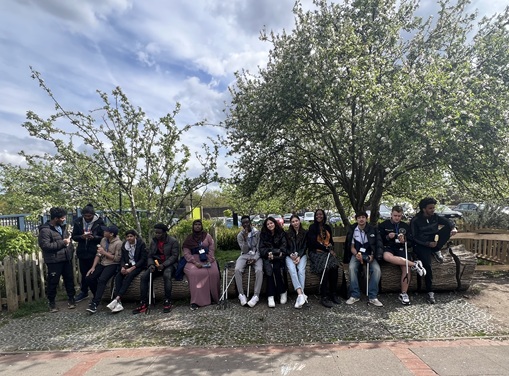Key Facts
- Starting
8 Sep 2025- Location
- Merton
- Start Date
- Sep 2025
- Level
- Level 3
- Code
- MITX500TP

T Level in Digital Production Design and Development (Digital & Computing)
This is a new two-year full-time course designed in collaboration with employers, suitable for post 16 students looking to develop both knowledge and practical skills in the Digital sector. This T level is designed to give you the knowledge and understanding of contexts, concepts, theories and principles in regard to Digital Production Design and Development.
-
Entry Requirements
-
Course Content
Students will develop an understanding of: how digital technologies impact business, the ethical and moral implications of digital technology, using data in software design, using digital technologies to analyse and solve problems, digital environments, including physical, virtual and cloud environments, emerging technical trends, such as Internet of Things (IoT), Artificial Intelligence (AI), Augmented Reality (AR), Blockchain, 3D printing, legal and regulatory obligations relating to digital technologies the privacy and confidentiality of personal data, the technical, physical and human aspects of internet security, planning digital projects, testing software, hardware and data and digital tools for project management and collaborationIn addition to the core content, each student will also develop skills in digital production, design and development. The content will include: analysing a problem to define requirements and acceptance criteria aligned to user needs, designing, implementing, and testing software, changing, maintaining and supporting software, creating solutions in a social and collaborative environment discovering, evaluating, and applying reliable sources of knowledge, applying ethical principles and managing risks in line with legal and regulatory requirements when developing software
-
Progression Next Steps
-
Additional Information
-
Course Structure
-
Assessment Details





